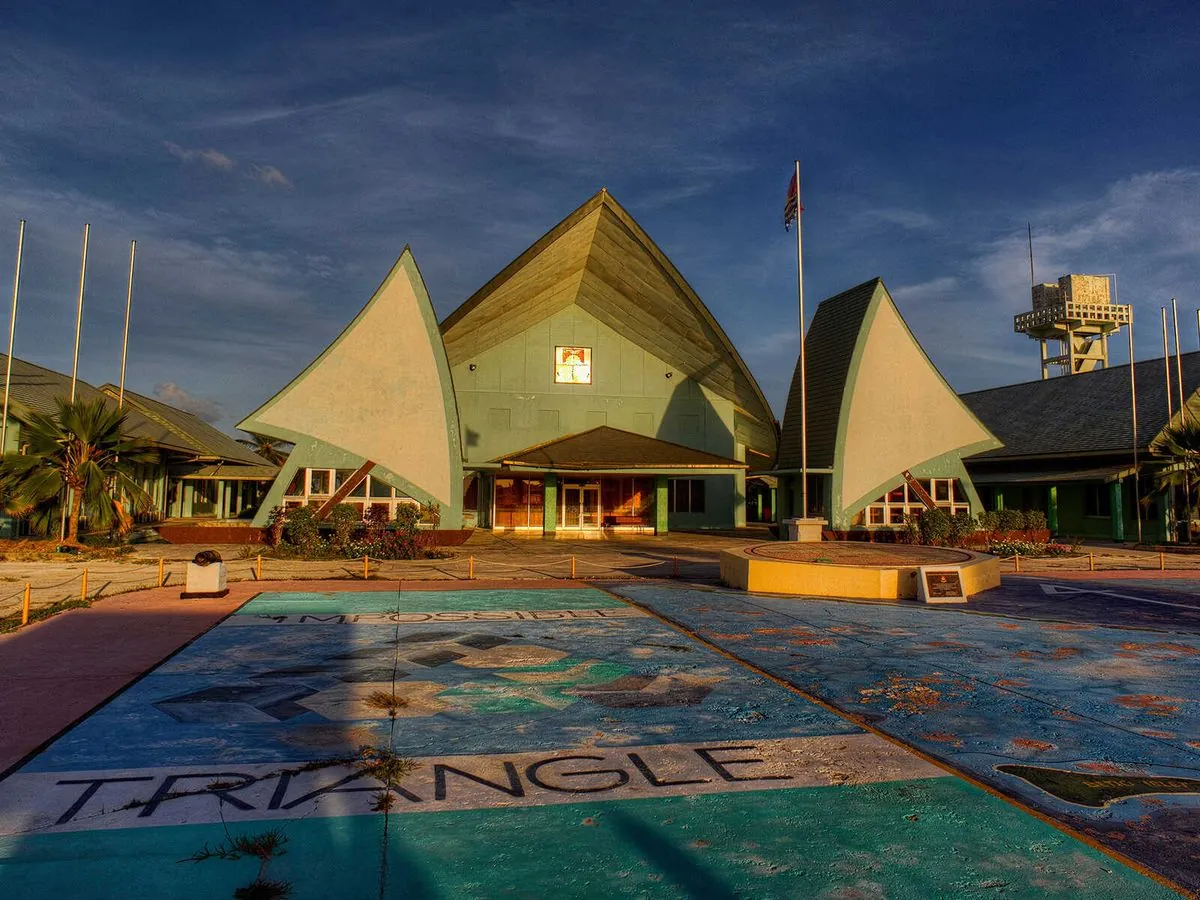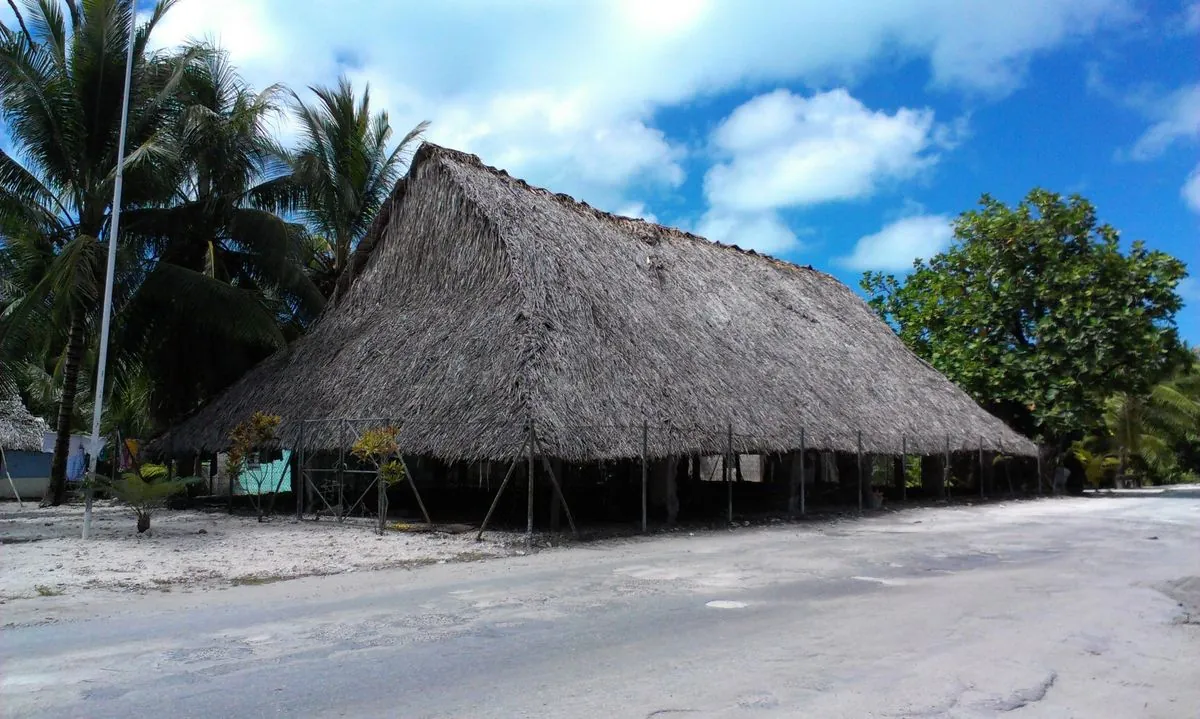Kiribati Election: Pro-China President and Opposition Leader Secure Seats
Kiribati's national election sees incumbent President Maamau and opposition leader Lambourne win seats. Second round of voting expected for some constituencies in the strategically located Pacific nation.

In a recent national election, the citizens of Kiribati cast their votes for 44 parliamentary seats. Unofficial results indicate that both Taneti Maamau, the pro-China president, and Tessie Lambourne, the opposition leader, have secured their respective seats. However, the election process is not yet complete, as several constituencies may require a second round of voting on August 19, 2024, due to Kiribati's unique voting system known as "te boto."
Kiribati, a sovereign state comprising 32 atolls and one raised coral island, gained independence from the United Kingdom in 1979. Despite its small land area of only 811 square kilometers, the nation holds significant strategic importance. Kiribati controls over 3.5 million square kilometers of the Pacific Ocean and is relatively close to Hawaii, making it a key player in regional geopolitics.
The country's parliament, known as the Maneaba ni Maungatabu, is scheduled to convene on September 13, 2024. During this session, newly declared lawmakers will select a shortlist of presidential candidates. The final decision on the presidency will be made through a direct vote by the population later in the year.

Under President Maamau's leadership, Kiribati has strengthened its ties with China. In 2019, the nation made a significant diplomatic shift by switching its allegiance from Taiwan to China. This move has had implications for the country's international relations and economic partnerships.
Kiribati faces unique challenges as an island nation. Climate change poses a severe threat to its existence, with rising sea levels potentially rendering the country uninhabitable in the future. The government has been exploring options for relocating its population of approximately 115,000 residents.
"A nation of 115,000 residents, Kiribati is considered strategic despite being small, because it is relatively close to Hawaii and controls more than 3.5 million sq km (1.4 million sq miles) of Pacific Ocean."
The country's economy primarily relies on fishing and agriculture, with limited resources available on its small land mass. Kiribati spans all four hemispheres, straddling both the equator and the International Date Line, which gives it a unique geographical position.
As Kiribati moves forward with its electoral process, the international community watches closely. The nation's strategic location, coupled with its recent diplomatic realignment, makes this election particularly significant for regional dynamics in the Pacific.


































